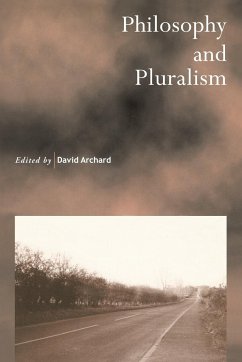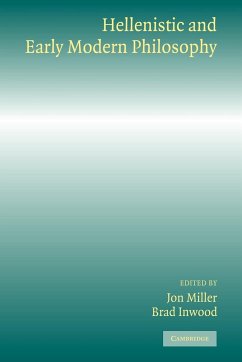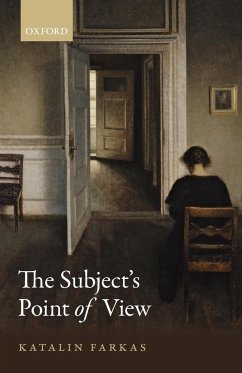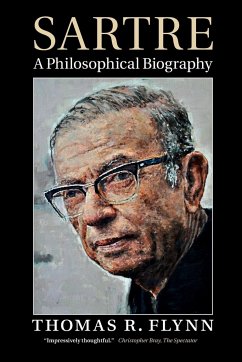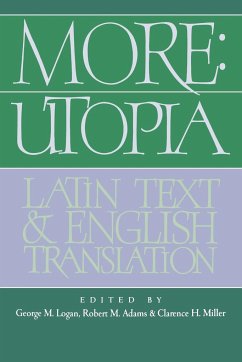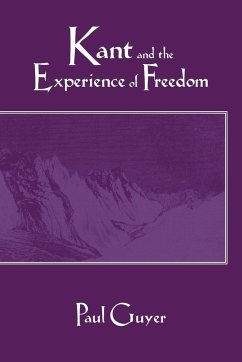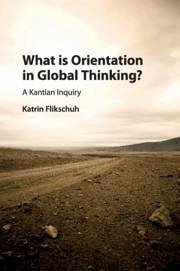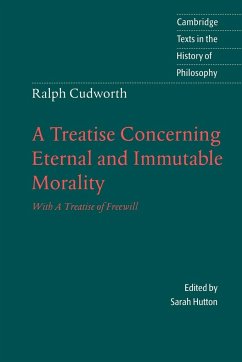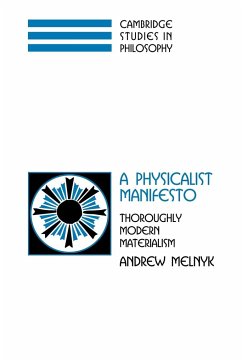
Traditional and Analytical Philosophy
Lectures on the Philosophy of Language
Versandkostenfrei!
Versandfertig in 1-2 Wochen
61,99 €
inkl. MwSt.
Weitere Ausgaben:

PAYBACK Punkte
31 °P sammeln!
A study of some of the central and abiding questions of metaphysics and the philosophy of language by Ernst Tugendhat.





